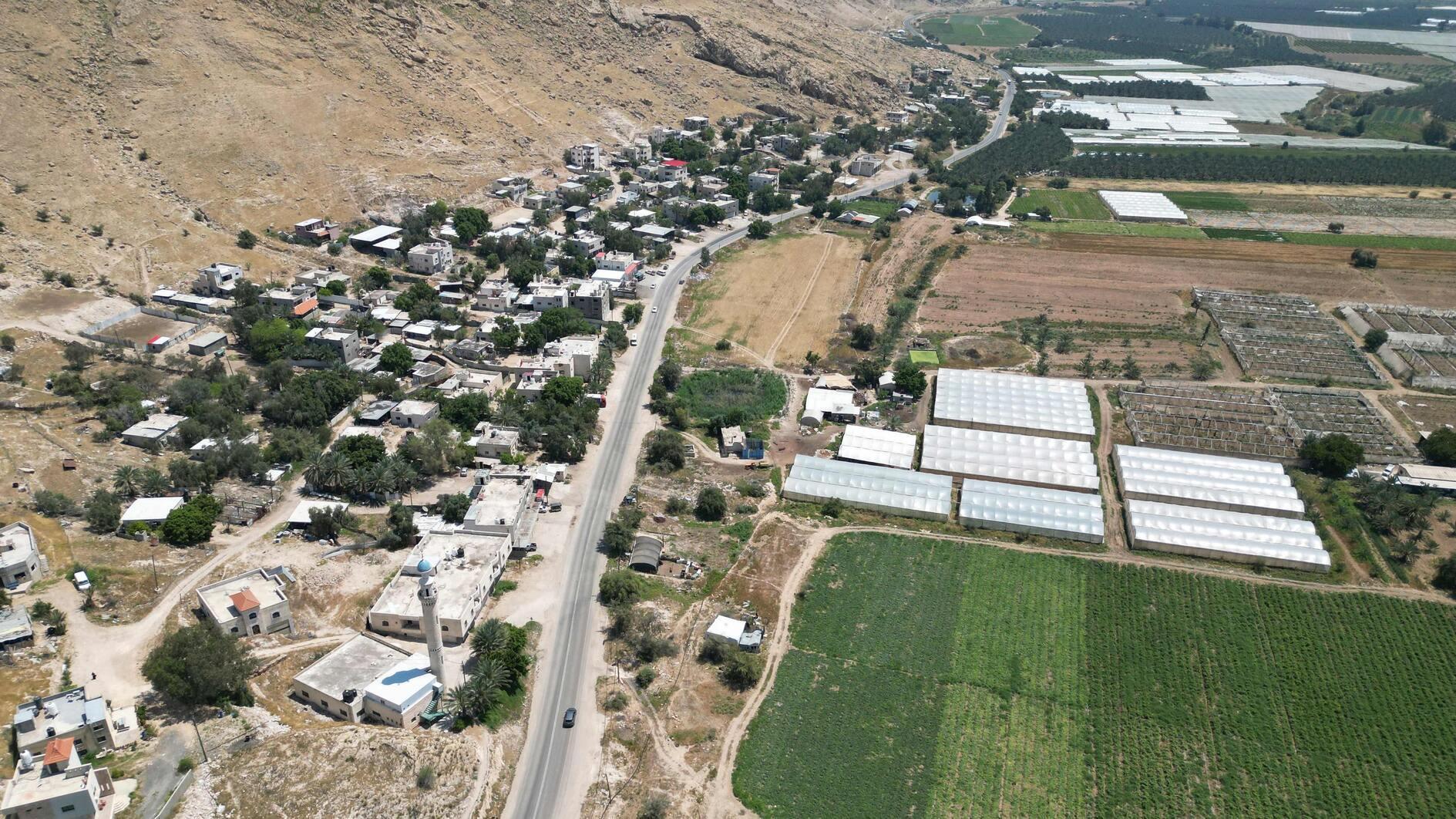Millions of dirty secrets, 60,000 documents
Hacking cases around the world are on the rise. Everyday we hear of a new local or national government website being hacked. Last month alone, California, Syria, Israel and Turkish authorities were hacked. RedHack group hacked the online data sharing portal of Turkey’s Higher Education Council yesterday morning, leaking thousands of cables related to corruption investigations in universities.
RedHack is a Turkey-based hacker group who has digitally invaded several official websites, including those of the Religious Affairs Council, Interior Ministry and Turkish Airlines.
“The cables include corruption investigations in Giresun, Istanbul, Hacettepe, Adnan Menderes and Uludağ Universities. We will keep on releasing more,” the hacker group said.
Some of the leaked cables included facts about land sale plans in Atatürk Orman Çiftliği, an Ankara park established by order of Mustafa Kemal Atatürk, Turkey’s first president; transaction details regarding money transfers between Uludağ University and a private bank; and a sum of roughly 700,000 euros unaccounted for by Istanbul University. There was also a document regarding Giresun University and payments completed by the university’s administration for research machinery that was never installed. The administration paid 665,000 Turkish Lira in total. In a separate purchase by the university, instead of the needed 83 different machines, the whole of government funding was paid in exchange for only nine items, costing 2.83 million lira, meaning that the budget allotted for 83 items was spent on only nine of them, leaving the university broke but still in need of 74 devices.
This is the second time that RedHack has targeted the higher education council’s website, as last week saw the sub-domain of the council’s website hacked and taken offline for the same cause.
Twitter played a pivotal, although indirect role in this case as the hackers’ hashtag topped the list of trending topics worldwide, but couldn’t be found on the list for Turkey. Right after news of the hack broke thousands protested Twitter and the social networking website reinstalled the hashtag as number one on both lists.
This story shows us that the Internet and social media is not about showing the world what you eat or your feet sunk into the sand on a sunny beach. It’s the new frontier of political warfare. Governments are increasing pressure on executives of social media giants, forcing them to take a difficult position. If they fold to a government’s demand they face losing popularity among users and a new social media startup can easily replace them. So what they try to do is balance government pressure with the public pressure. If the public fails to raise its voice against a particular issue, I believe that social networking websites obey governments. If, as was the case with the redhack hashtag, the public creates an uproar, than they side with them. It seems spineless but this is the reality.











